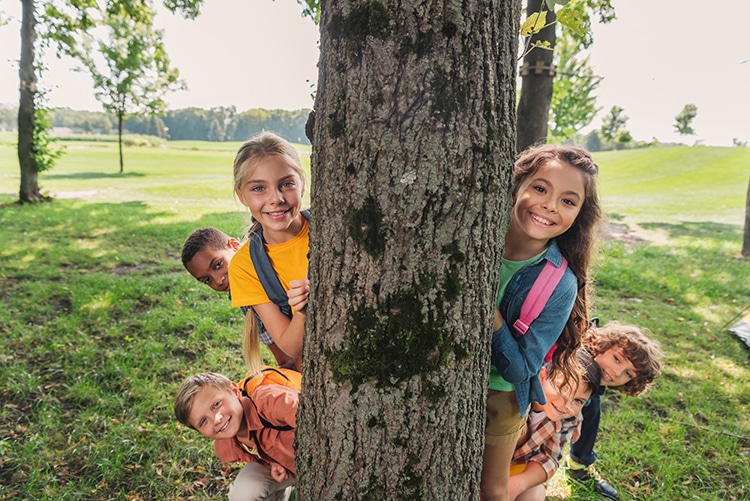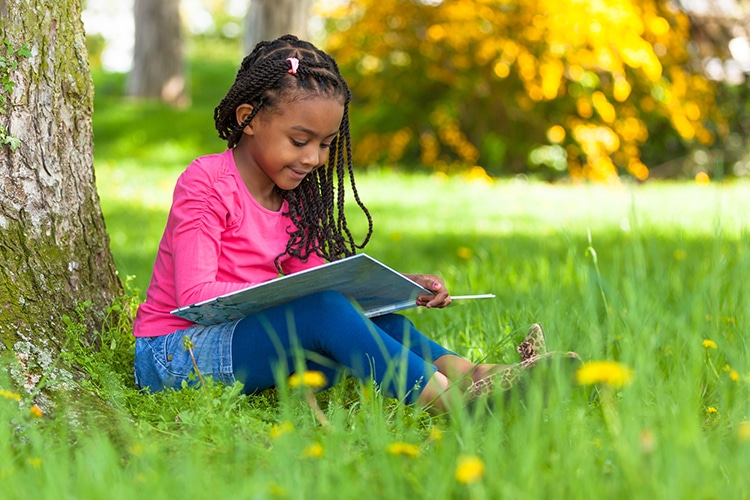
Photo: HAYDMITRIY/DepositPhotos
Trees are critical to our global health—they provide the very oxygen we breathe. Additionally, trees may also be very influential for our individual health, both mentally and physically. A new study published in Nature Sustainability found that children between the ages of 9 and 15 who spent significant time around trees benefited cognitively in several ways.
The study followed 3,568 students in London. The study tracked cognitive performance and mental health over the early adolescent years. Children who spent time in woodland areas showed improved cognitive performance and better mental health than their peers without frequent visits to the woods. Interestingly, time spent in grassy or lake areas did not provide the same benefits as woodlands. The results showed trees specifically may be a protective factor for children as they grow.
Other studies have proven green space is beneficial to children—and adults. The new study’s findings suggest trees may be an important factor contributing to these health benefits. It is unclear exactly why nature may boost cognition. It may increase gray matter, or prompt changes in the amygdala which regulates emotion. Trees particularly may calm our minds with their pleasing “fractal” patterned branches.
A factor which is difficult to disentangle from the benefits of trees and nature to children and adults is privilege. Socioeconomic status, zip code, and free time are all factors which can determine access to green space, adequate nutrition, early childhood education, and more. Of the children studied in London, over half came from a family with parents in managerial or professional occupations. This could indicate that other factors beside trees are boosting these children’s cognitive development. What is likely, however, is that access to green space can be beneficial to all and should be included equitably in urban planning.
A new study suggests that children’s cognitive development is boosted by access to woodlands.

Photo: SAM741002/DepositPhotos
h/t: [Science Alert]
Related Articles:
Playing Video Games as a Child Might Make You Smarter Later in Life
Research Shows Babies Give Food to Others Even When They’re Hungry
Study Shows That Petting a Dog Can Have Long-Lasting Health Benefits
14 Inclusive Halloween Costumes to Ensure All Kids Can Dress Up for Fun
